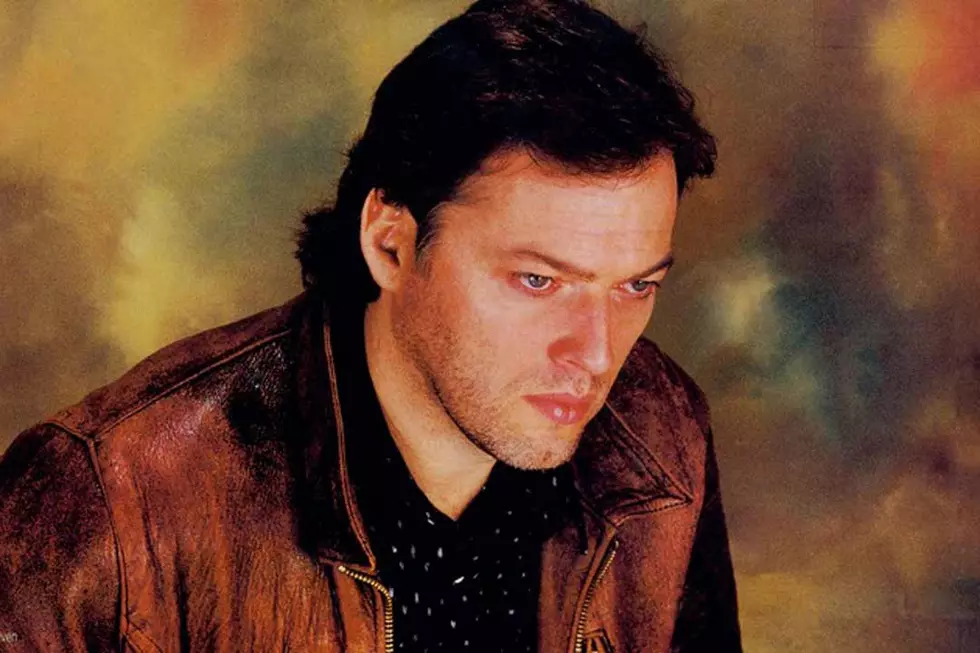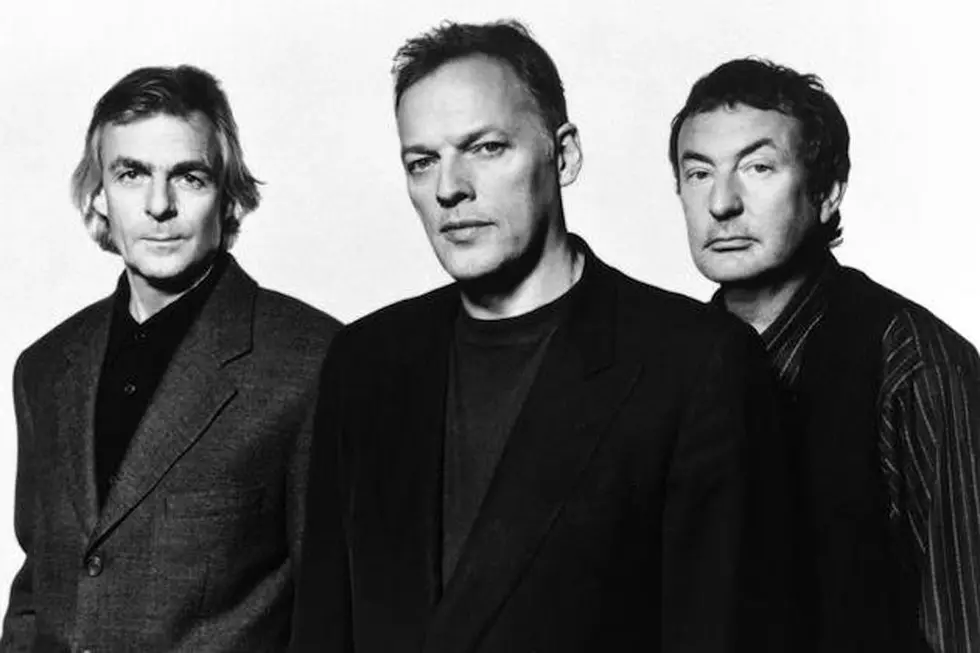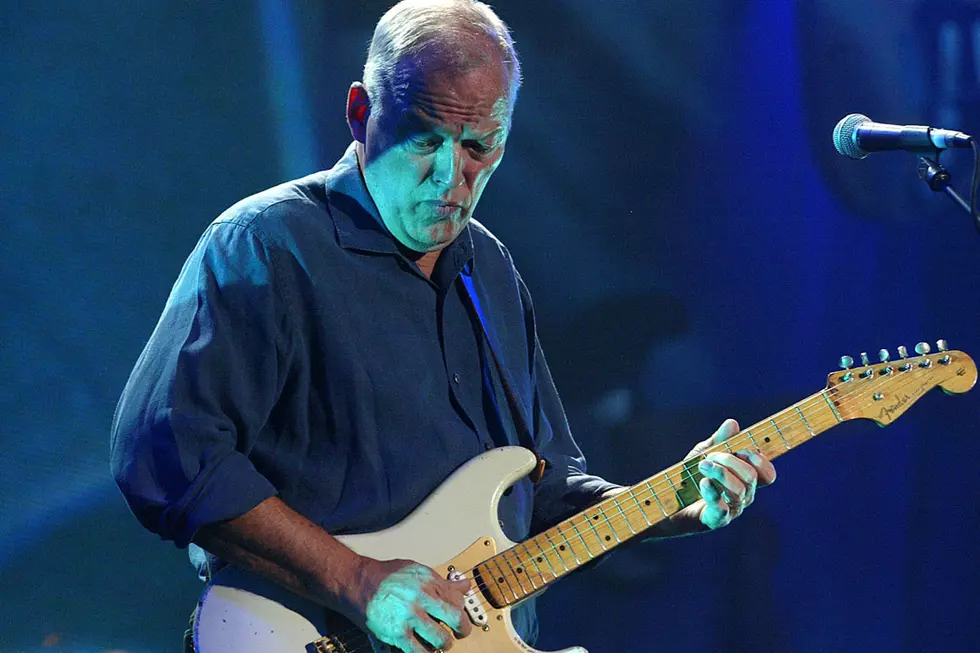
When David Gilmour Finally Resumed His Solo Career on ‘About Face’
David Gilmour has never been the speediest fellow when it comes to maintaining his solo career. But in 1984, with his main gig in Pink Floyd at a dead end, he was finally out of excuses not to follow up his self-titled 1978 debut.
Pink Floyd unraveled during the recording of 1983's infamously contentious The Final Cut LP, and although he hadn't officially announced his departure yet, it was obvious that Roger Waters didn't have any immediate plans to reconvene with his bandmates for another record anytime soon. With Waters in the studio recording his solo LP The Pros and Cons of Hitch Hiking, Gilmour rounded up a crew of able session vets for his own album.
"I wanted to make a really good record. I didn't want to do it very, very quickly, and I wanted to get the best musicians in the world that I could get hold of to play with me, so I thought I'd just make a little list of all my favorite musicians," Gilmour told the Source.
"You know, best drummer, best bass player, best keyboard player, and I'll work through the list to see who I can get," he added. "Jeff Porcaro was top of my drummers list, Pino Palladino was top of my bass players list, and Ian Quely – or the Rev, as he's known – he actually came and did the bulk of the Hammond and piano playing, and he was terrific. Steve Winwood was top of my keyboard playing list. He couldn't do most of the album, but I got him to do a bit."
Listen to David Gilmour Perform 'Out of the Blue'
Gilmour also reached out to a famous friend for songwriting help, corralling Pete Townshend – himself at loose ends after the recent dissolution of the Who – to contribute lyrics. Their collaboration ultimately ended up yielding three songs, with two ("All Lovers Are Deranged" and second single "Love on the Air") making the final cut for About Face; the third later surfaced twice in 1985, once as "Hope" on Roy Harper's Whatever Happened to Jugula? LP, and again (with different lyrics) as "White City Fighting" on Townshend's solo release White City: A Novel.
In spite of all that star power – and the fact that millions of Floyd fans were jonesing for new product – neither About Face nor Hitch Hiking were major hits. In fact, both of them stalled out in the lower reaches of the Top 40 of Billboard's album chart. About Face proved a more potent draw on rock radio, where "Blue Light," "All Lovers Are Deranged," and "Murder" all enjoyed heavy rotation, but before long, Gilmour opted to focus his efforts on a Waters-less version of Pink Floyd and returned his solo career to the back burner – where it would remain until he released On an Island in 2006.
Looking back on About Face during a 2003 interview with Record Collector, Gilmour summed up the album – and the rest of his solo output – with typical understatement. "We knew Roger wasn't going to be part of anything we did, but before he'd officially left, he had us trapped in limbo. I was putting my toe in the water," Gilmour shrugged. "Then he left and I was unencumbered and carried on doing Pink Floyd. There didn't seem to be any reason to do a solo project."
Pink Floyd Solo Albums Ranked
You Think You Know Pink Floyd?
More From 92.9 WBUF










